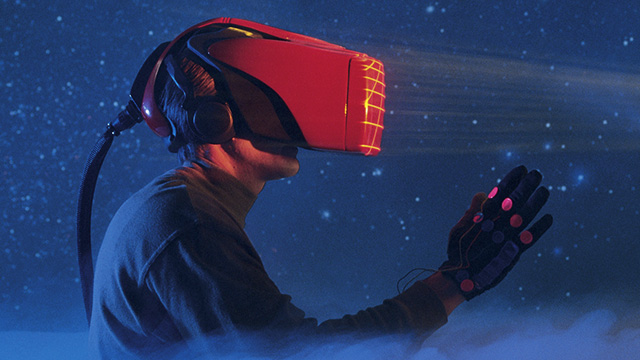The Power of Visualization
I am wondering if we did change the way we think when we moved from oral to literal cultures. I do believe we changed our way of making decisions for sure. Yet I think we still think cognitively in the same manner. The brain still possesses the power to adapt to different environments and will shift focus from one capability to the other according to what survival seems more possible.
Throughout the reading I learned that in oral cultures names give power to humans over the things they know the names of (Ong 1982). Knowing the name of things means you can learn them and understand them. Yet in a literate culture names are simply tags and labels and are images in the human imagination of things they represent. The question is how an oral culture maintain or pass-on the knowledge of a complex solution? How can a person in an oral society retrieve thoughts of a solution? They do so through a rhythmic memorisation of words to the solution. As retime helps to recall thoughts. Also through gestures and breathing process.
The writer is trying to decode text to explain how oral cultures communicated experiences and solutions. This may not be the best way to understand such cultures. It is mainly a secondary resource used to write the history of oral cultures in this particular domain. No primary resource is present in the writer’s research simply because there is no primary resource other than written words to record the history of oral cultures. Yet there is a time where text was not a common technology and not many had the capability of writing on paper or leather or know how to write even though writing was present at their time. The writing that was present during such times did reflect a huge part of the oral culture behaviour.
The observation of the unity oral cultures create due to speakers communicating a message to a group makes it only logical to have oral cultures in small populations. It will not be possible to speak to 1000 or more. The speaker will need to amplify his/her sound with a tool that did not exist in the old days. If oral societies had a large population there must be a representative for each group. This can be the reason why we have trips, family names…etc.
Note: The comparison of the New American Bible with the Genesis 1:1-5 in my opinion is inaccurate. As in most Semitic languages the use of “and” is much acceptable to be repeated more than once in a sentence. Yet in english this is not the case. This is why in my own understanding the New American Bible had to smoothen the “ands” to make it fit the language characteristics.
Ong, Walter. (1982.) Orality and literacy: The technologizing of the word. London: Methuen.

